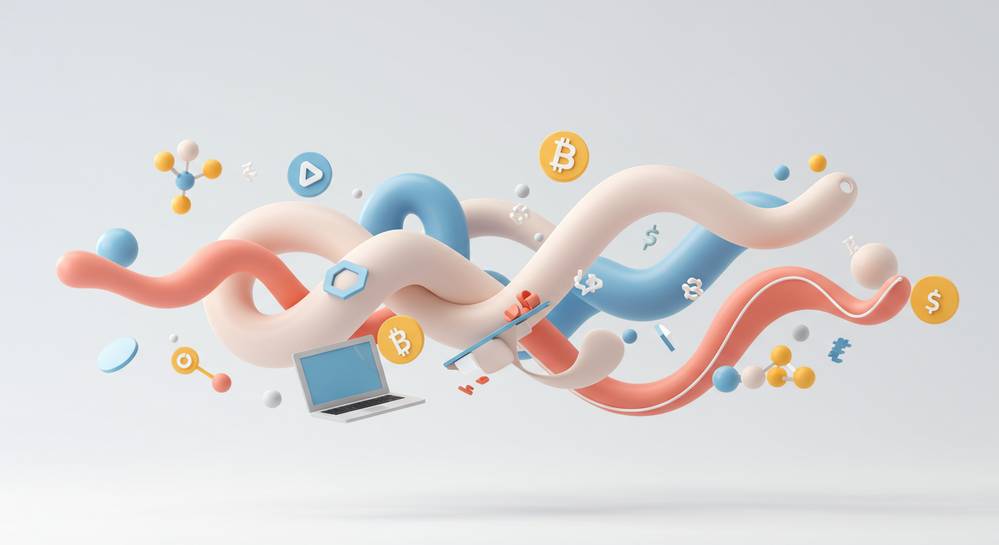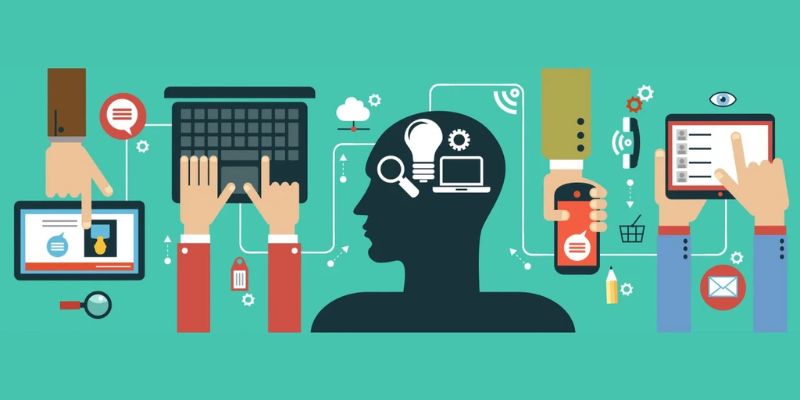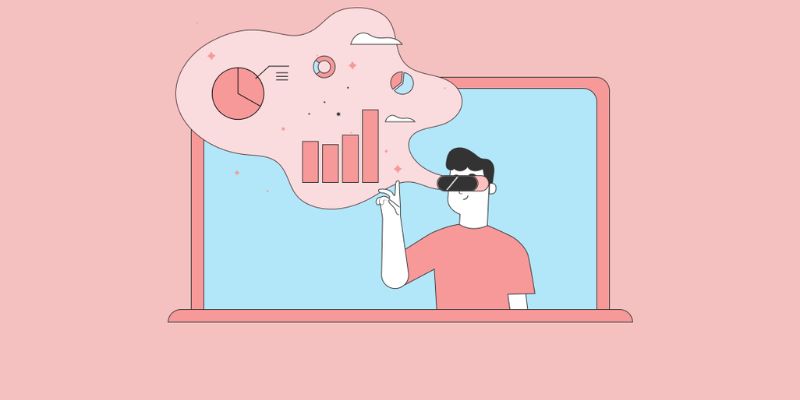Ethical considerations and potential drawbacks are not just buzzwords; they’re the fabric of today’s choices in our tech-driven world. As we venture into areas fraught with moral complexity, from AI development to digital surveillance, we must tread carefully. The stakes are higher than ever. Our society is at the brink of pivotal change, and it’s on us to balance innovation with conscience. In this journey, we’ll navigate the murky waters of technology and ethics, ensuring we don’t lose our moral compass amidst cutting-edge advancements. Join me as we explore these critical issues head-on and find the right path forward.
Ethical Dilemmas in Technology and AI
Analyzing the Moral Implications of AI Development
When we create smart machines, big questions pop up. Is it right to replace human jobs with robots? How do we make machines that decide fairly? These are moral issues we face with AI. We must think hard about the good and the bad that can come from these smart machines.
Ethical dilemmas in technology are not just about what we can do, but also what we should do. For example, AI can help doctors find diseases faster. But what if the AI makes a mistake? We need rules to make sure AI helps without harming.
Machines learn by looking at heaps of data. Here’s where we see privacy troubles. They need to know a lot about us to work well, but we want to keep some things private. This is a tug of war between helpful tech and keeping our lives to ourselves.
Fairness in algorithmic decision-making is also key. Say a robot picks who gets a loan. It must treat everyone the same way. No one should get left out because of how they look or where they come from.
Bringing new tech into our world takes care, thought, and some smart choices. We can enjoy the fun stuff tech brings. But we must also watch out for slips where it might push people out or make bad calls.
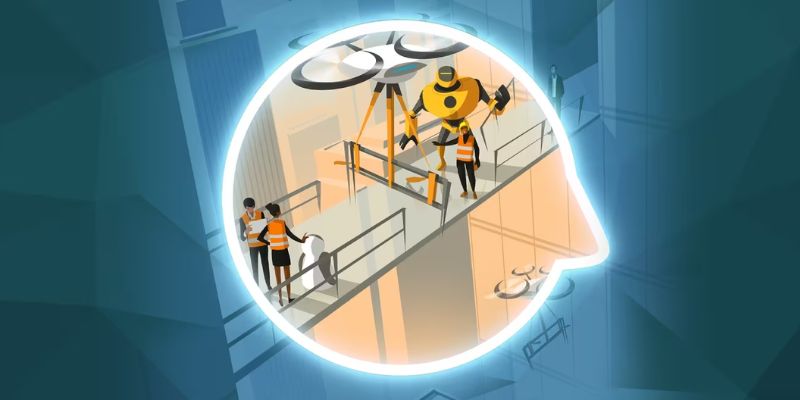
Addressing Privacy Concerns and Data Ethics
Do you like keeping your stuff safe? We all do! That’s why we lock our doors. Think of your personal info like your home. You wouldn’t want anyone snooping around. So when companies collect data, they need to be like good neighbors. They must ask, “Is this okay?”
The negative effects of automation are not easy to guess. That friendly chat robot you talk to? It must know when to keep your chats secret. And workers who get replaced by robots need new jobs. We need plans so those workers are okay.
Consequences of genetic engineering are big too. Changing genes could stop sickness. Yet, it raises hard questions. Like, should we change how plants or animals naturally grow?
Putting yourself in someone else’s shoes helps understand dilemmas in medical research or when making anything new. Is it fair? Is it kind? Always ask these questions.
Tech ethics is sort of like being a superhero. You have great power to make cool stuff. But, you have the duty to use it for good. Every smart watch, learning app, or robot vacuum comes with a choice. Do we take care of others as we build the future?
In short, ethics in software development and machines means always thinking about others. It’s like being on a team. We look out for each other, play fair, and try to win the right way. That’s how we make sure tech helps everyone, not just some.
Let’s make sure as we move ahead, we don’t leave our hearts behind. Technology is a tool. And just like any tool, it’s how we use it that truly matters.
The Double-Edged Sword of Innovation and Automation
Weighing Negative Effects of Automation on Employment
Machines are now doing jobs once held by people. This can lead to job loss. Some folks fear robots will replace them. Yet, might it also free us from hard work?
A big worry is if robots take over, where will people work? Better tech means fewer jobs in some areas. But, it could also make new types of work. We need to think hard about this change.
The truth is, we can’t stop tech from growing. We must work out how to help those who lose their jobs. Training them for new roles is one answer. Creating jobs that need human touch is another.
Yet, these answers are not easy. They need time, money, and effort. We must also think of how to share the wealth tech brings. Not just a few should get rich while others have less.
To sum up, automation can be great but also scary. It brings neat stuff but also big worries. It’s our duty to make sure the bad does not outweigh the good. This means finding ways to help all, not just some.
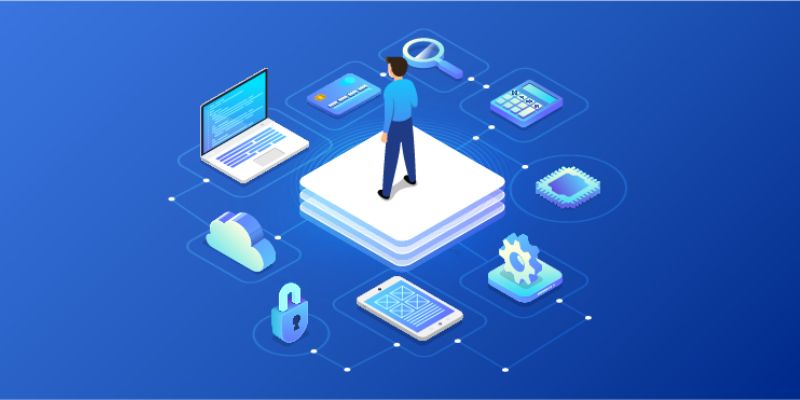
Consequences of Genetic Engineering and Robotics on Society
Now let’s talk about changing life with science. Genetic engineering can fix bad genes and stop diseases. This sounds super cool, right? But what if only rich people can afford it? This could make the gap between rich and poor even wider.
Robots also raise tough questions. They can do amazing things, like help in surgery. But should we let them fight our wars? Making choices here is tricky and we need to talk about it a lot.
Cloning is another hot topic. It can help us study diseases and cure them. But is it right to make a living thing just for science? We are not sure about this yet.
We also need to think about how all these changes hit nature. Making new life and robots must not hurt the planet. We must try our best to keep Earth safe.
As we use more tech, we must stay kind and fair. We should all get to say what tech we want and what scares us. This means everyone – you, me, our friends, and families. We all live here, so we should all have a voice.
From cool gadgets to robots, all these inventions have their good and bad parts. As a tech expert, I wrestle with these issues. Sometimes there is no clear answer. But one thing is clear, we can’t close our eyes. We must be brave and tackle these problems head-on. And that’s what I aim to do.
Corporate Responsibility in the Digital Age
Scrutinizing Corporate Social Responsibility Initiatives
Firms today face tough questions about how they run. Do they care for the earth? Do they treat people well? Often, they say yes. Yet, we must look close. We need to check if their words match their actions. Some companies do great things for towns and cities. Others just want to look good without real change. We have to be smart and see the truth in their acts.
Trust is key when we use tech. When firms collect our data, they should keep it safe. If they share it, they should tell us. We need rules to make sure they do the right thing. Sometimes, they might make mistakes. Then, they need to fix it fast and tell us how.
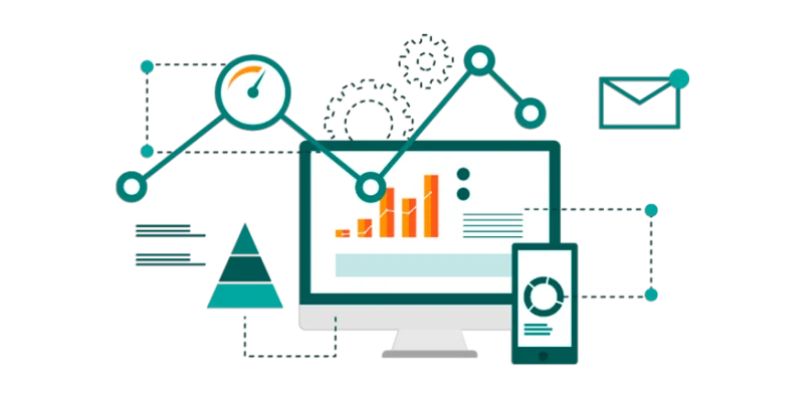
The Pitfalls of Digital Surveillance and Consumer Trust
Cameras and trackers follow us a lot today. On streets, online, almost everywhere. This keeps us safe, but it can also go too far. When tech watches us too much, it can make us scared. We might worry, who is this data for? Is it for sale? It must be clear who sees our lives and why. If not, trust breaks down.
Shops use data to sell us things. That’s okay if they are honest. But if they hide what they do with our info, that’s a problem. When we shop online, we should know how our choices are tracked. The same when we talk to friends or search the web.
When firms are not clear, they risk our trust. If we can’t trust them, we won’t use their tech. Or buy what they sell. So, it’s good for everyone when they play fair.
Tech can do so much good. It can also cause harm if not handled right. That’s why we must stay alert. We must ask hard questions. We must make sure that companies remember their duty. Not just to money, but to people, community, and the earth. When they get it right, we all win.
Ensuring Fairness and Security in Technological Advancements
Fair Algorithmic Decision Making and Ethical Machine Learning
We face tough choices in tech today. When it comes to AI, fairness is key. We must ensure machines make decisions that are just and without bias. For instance, consider when a loan app uses AI to decide who gets money. The AI needs to treat all people the same, no matter who they are. This means checking the AI’s rules. We check that it does not favor some unfairly over others. We also teach AI about different people and situations. This way, the AI learns to make fair decisions.
Yet, this is not simple. AI learns from past data. If the old data is biased, the AI will be too. We need to fix this. We clean the data and test AI often. This helps catch any unfair decisions quickly. Teaching AI fairness is like teaching a child right from wrong. It takes time and care.
Data Security Measures and Ethical Obligations to Protect Users
Next, let’s talk about keeping data safe. When firms collect data, they hold a piece of your life. It’s huge. They must keep it safe, like a treasure. Hackers are always trying to steal this treasure. So, companies must build strong walls around your data. This includes things like tough passwords and, often, checking who asks for the data.
There’s also a rule: just collect what you need. Companies should not grab all they can. It’s like going to a buffet. Just because you can fill your plate, doesn’t mean you should. Collecting less data is safer.
But accidents happen. If data leaks out, firms need to tell you fast. They must fix the leak and help protect you. All this shows respect for you and your data.
We see, then, that tech brings both good and risks. We must think about these risks. We must work to lower them. Your data and how machines decide things about you – they all need care and thought. This is the only way we can trust tech. It’s about being fair and safe. And it’s all of our jobs to keep asking if we’re doing it right.
We’ve looked at some tough spots in tech and AI today. I talked about the moral weight of AI and how it risks our privacy. Tech brings good and bad; it can take jobs but also push us forward. We saw how new tech in genes and robots is shaking society.
Firms need to step up and do the right thing in this digital world. Trust is at stake when they watch us too much. I also covered how we must be fair and keep data safe as tech grows. We must make sure machines choose without bias and learn right from wrong.
As an expert, I believe our choices now will shape our future. We have to steer tech to help us, not hurt us. Let’s make tech that’s good for all, keeping a sharp eye on the risks. Let’s build a world where innovation works with ethics, not against them. That’s the chat for today – thanks for joining me on this deep dive into the digital crossroads we stand at!
Q&A :
What are the key ethical considerations in decision making?
When making decisions, it’s crucial to consider the impact on all stakeholders involved. Ethical considerations often involve balancing between fairness, justice, and respect for the rights and dignity of individuals and groups. Key elements to consider include confidentiality, consent, transparency, and avoiding conflicts of interest. This ensures that decisions are made with a moral compass that guides actions towards the greater good without causing harm.
How can ethical considerations influence business practices?
Ethical considerations are a fundamental part of sustainable business practices. They can influence how a company operates in terms of labor rights, environmental impact, fair trade, and corporate governance. Prioritizing ethics in business can lead to long-term profitability by building customer trust and employee morale, but it can also pose challenges in balancing ethical standards with profit objectives. It’s important for companies to integrate ethical decision-making into their culture and operations to support both their values and their viability.
What potential drawbacks can arise from overlooking ethical considerations?
Ignoring ethical considerations can lead to a range of negative consequences. It can damage a company’s reputation, which is difficult and sometimes impossible to repair. In the short term, it might lead to financial gain, but in the long term, it can cause legal issues, financial losses, and a decrease in customer loyalty. Overlooking ethical practices can also negatively impact employee morale and retention and can harm society as a whole by contributing to larger problems such as environmental degradation, inequality, and injustice.
How do ethical considerations affect the use of technology?
The use of technology brings a unique set of ethical considerations, such as privacy, data security, and the digital divide. As technology rapidly advances, ethical considerations must keep pace, addressing issues like AI ethics, consent in data collection, and the potential for tech to perpetuate biases. Technology companies need to implement ethical guidelines for the development and deployment of technology to ensure that it serves the well-being of all and mitigates harm.
What strategies can organizations adopt to address ethical considerations and potential drawbacks?
Organizations can adopt a number of strategies to address ethical considerations and mitigate potential drawbacks. This includes conducting regular ethical audits, providing training in ethical decision-making for employees, establishing a clear and enforceable code of ethics, and ensuring open lines of communication for stakeholders to report concerns. Additionally, organizations can engage in corporate social responsibility initiatives and promote a culture of transparency and accountability to build trust and ensure they meet both their ethical obligations and business goals.

